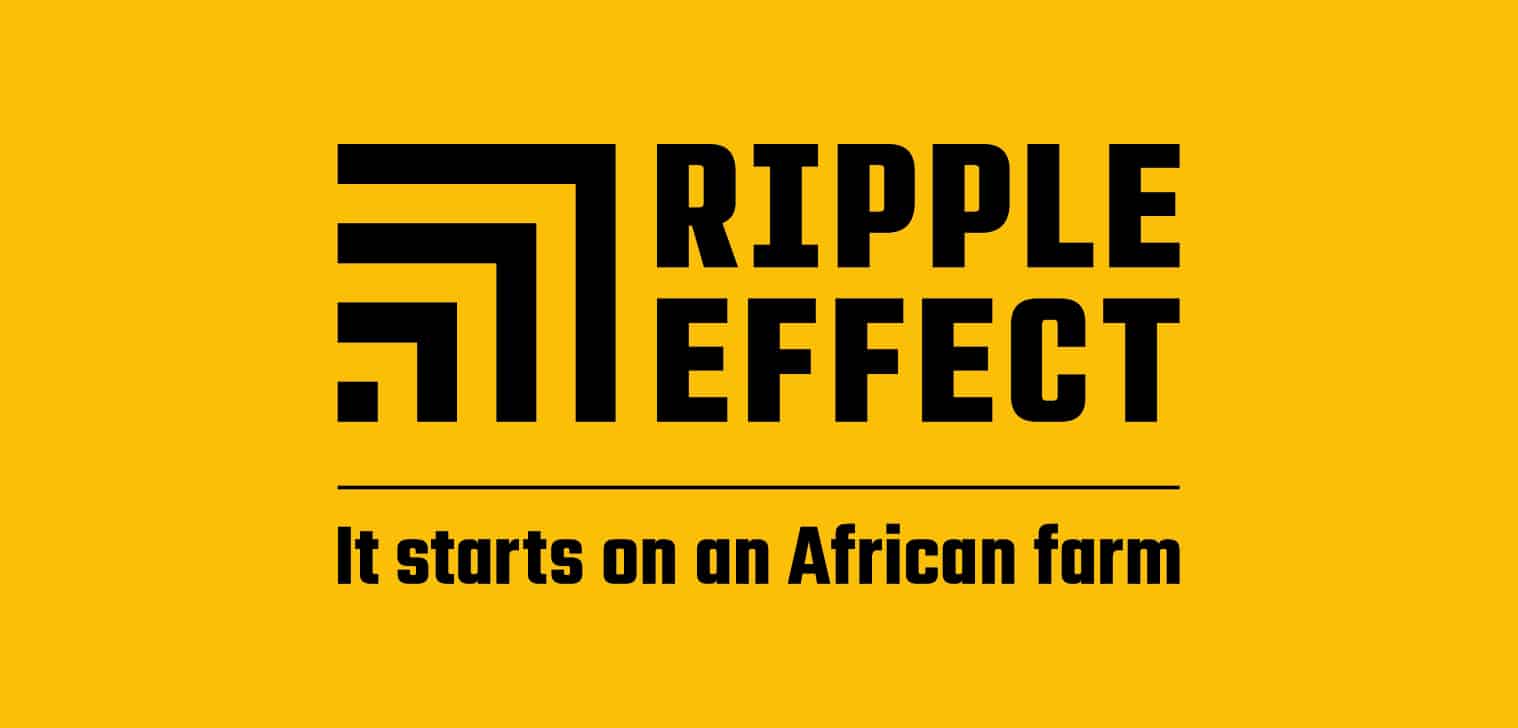Can generating income support locally led development?
The funding environment for international non-governmental organisations (INGOs) has been difficult for a while now due to the cost-of-living crisis, cuts to the UK aid budget, Covid-19 and loss of funding from the European Union. INGOs are increasingly competing for smaller pots of money from philanthropic partners, many of whom are shifting their priorities away from international funding.
Income generation is not new for INGOs.
Some organisations have been generating income for years through social enterprises and consultancy, for example, but this is not the norm.
Most INGOs have a more traditional, grant-led business model, and the increasingly uncertain and competitive environment is making things hard.
Many INGOs criticise grant funding as inflexible, highlighting donors’ rigid due diligence requirements, and it is often seen as a barrier to having an equitable relationship with communities in lower- and middle-income (LMIC) countries. While this is not necessarily always true, and INGOs do have the power to change how they fundraise and interact with communities in LIMCs, the grant funding model does create challenges for them.
It is these challenges, and the increased competition for limited grant funding, that led us to document these case studies. We wanted to see if generating income and shifting away from the grant funding model can not only help organisations achieve financial sustainability but also support a shift in power to social activists and communities.
These case studies have been collated to help INGOs understand that business models are not just about organisational sustainability; they can also help support strategic objectives and values, and shift power to local communities.
TIP: Don’t jump head-first into generating income without considering how it fits with your charitable objectives
The three models
When Bond first started our conversations with others, we struggled to understand the difference between an INGO developing a trading venture for its own sustainability, and an enterprise programme in one of the countries where an INGO works. With help from Tej Dhami from the Change Coefficient, we identified that income generation/trading models for INGOs can be broken down into the following three categories:
Monetising expertise and networks
For example, a consulting model where an INGO sells its expertise.
Monetising organisational assets
This encompasses brand, so it includes charity shops and t-shirt sales that use the charity’s brand name to generate income, but it also includes generating income through other assets, such as renting out space if an INGO owns a building.
Trading models that deliver targeted outcomes
This includes social enterprises, enterprise-led development, development impact bonds and other income generating activities that help an organisation achieve its charitable objectives.
There are examples where some models overlap between categories, such as ChildHope International’s South 2 South network. ChildHope monetises its expertise while also strengthening the capacity of local partners, one of ChildHope’s strategic priorities. But overall, these categories are helpful when deciding which approach is best for your organisation.
The case studies

Restless Development: the consulting model
Monetising expertise and networks, such as consulting models where INGOs sell their expertise.

Choose Love: generating income through a well-known brand
We explore the power of an organisation's brand, including charity shops and t-shirt sales that use the charity’s name to generate income, as well as generating income through other owned assets.

Ripple Effect : a social enterprise
We explore social enterprises, enterprise-led development, development impact bonds and other income generating activities that help an organisation achieve its charitable objectives.
What have we learned?
Find out what we learned from the case studies, and what advice you can take forward with you.
